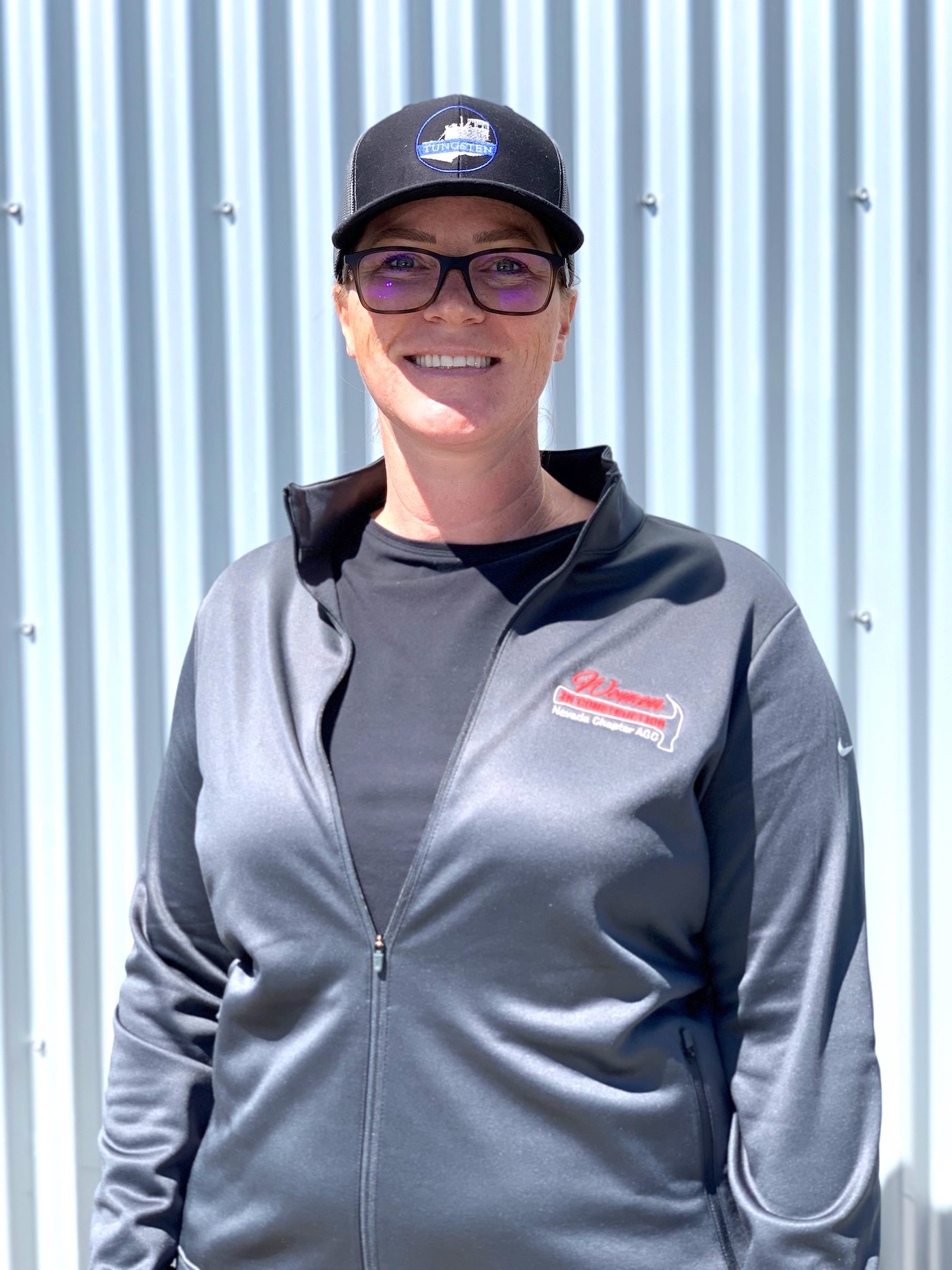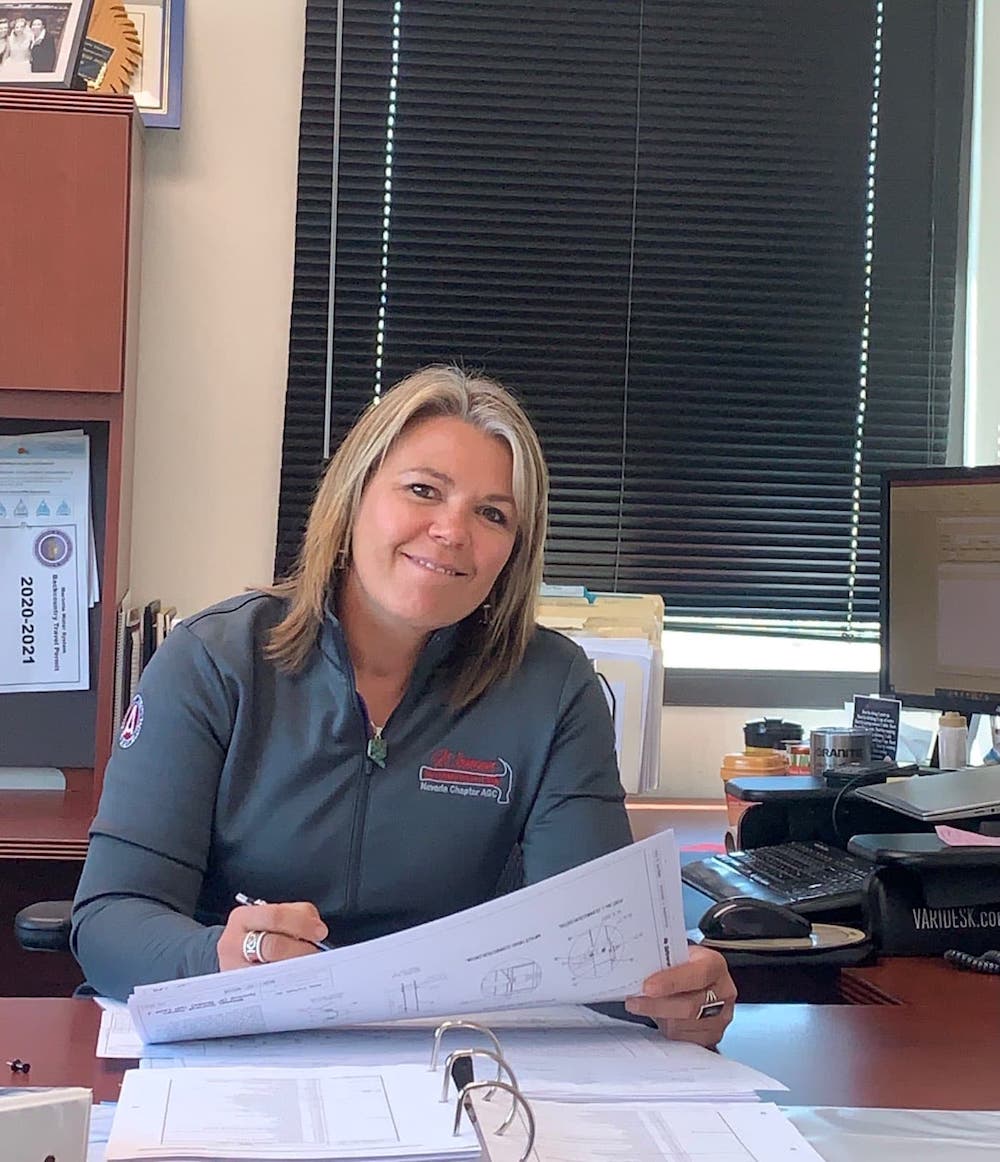Union electricians Michelle Abell, left, and Nicole Perez of IBEW Local 401 in Reno-Sparks pose for an image that’s been used on billboards across Reno-Sparks and other marketing materials to promote the Women Build Nevada organization and the importance of increasing female roles within the construction industry. Photo: Sabrina Moberly
 Randi Reed is director of business development at Brycon Construction in Reno. Courtesy photo
Randi Reed is director of business development at Brycon Construction in Reno. Courtesy photo
 Heather Hellickson is owner of Tungsten Engineering Contractors in Reno. Courtesy photo
Heather Hellickson is owner of Tungsten Engineering Contractors in Reno. Courtesy photo
 Tina Mudd is environmental manager at Granite Construction in Sparks. Courtesy photo
Tina Mudd is environmental manager at Granite Construction in Sparks. Courtesy photo